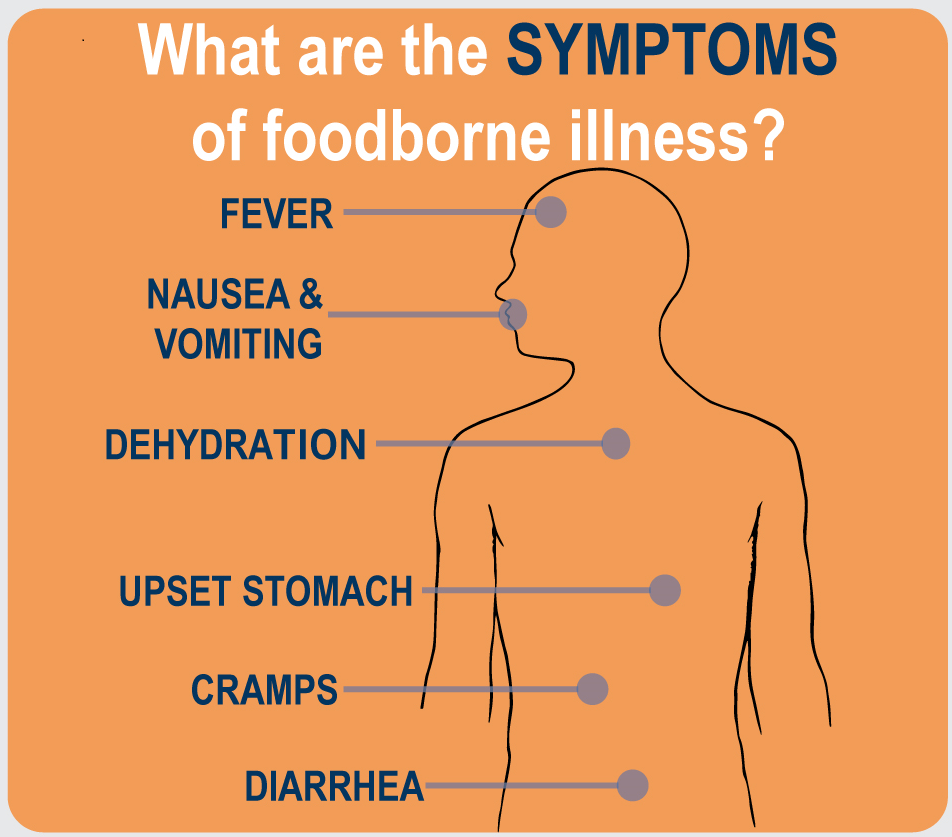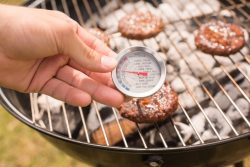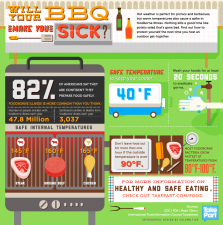- Advertisement -

Popular
Turkey Food Safety Tips
Raw poultry (turkey, chicken, duck, goose, quail, etc.) may contain harmful bacteria such as Salmonella and Campylobacter. Proper preparation, cooking, and storage procedures must be followed - or a foodborne illness can occur.
Norovirus Prevention
Norovirus is a highly contagious virus and the most common viral foodborne illness. Norovirus infection is acquired by consuming produce (fruit and vegetables) irrigated with contaminated water contaminated with human or animal feces - or shellfish farmed or harvested in water contaminated with human sewage. Because only a few norovirus particles can make people sick, infection can also occur by consuming food handled by a person infected with the virus - or being in direct contact with an object, surface, or person that has been infected.
Food Safety Attention While Eating Out
Dinner and a movie date night? Ditch the leftovers, not your date! Remember, leftovers are only safe for 2 hours at room temperature and won’t last through a movie - and only 1 hour if the temperature is over 90°F. After that time, bacteria growth can occur and cause food illness. Likewise, during warmer months bacteria multiply faster – so keeping food safe is more challenging.
Food Safety for Pork
Pork requires the safe preparation, cooking temperature, and proper storage of leftovers in order to prevent food illness. The USDA recommends cooking pork to a minimum cooking temperature of 145°F - as measured with a food thermometer - in order to kill any pathogens.
Older Adult Food Safety
Food safety is especially important for older adults. Older adults should avoid certain foods to protect themselves from foodborne illness and adults 65 and older are at a higher risk for hospitalization and death from foodborne illn

























